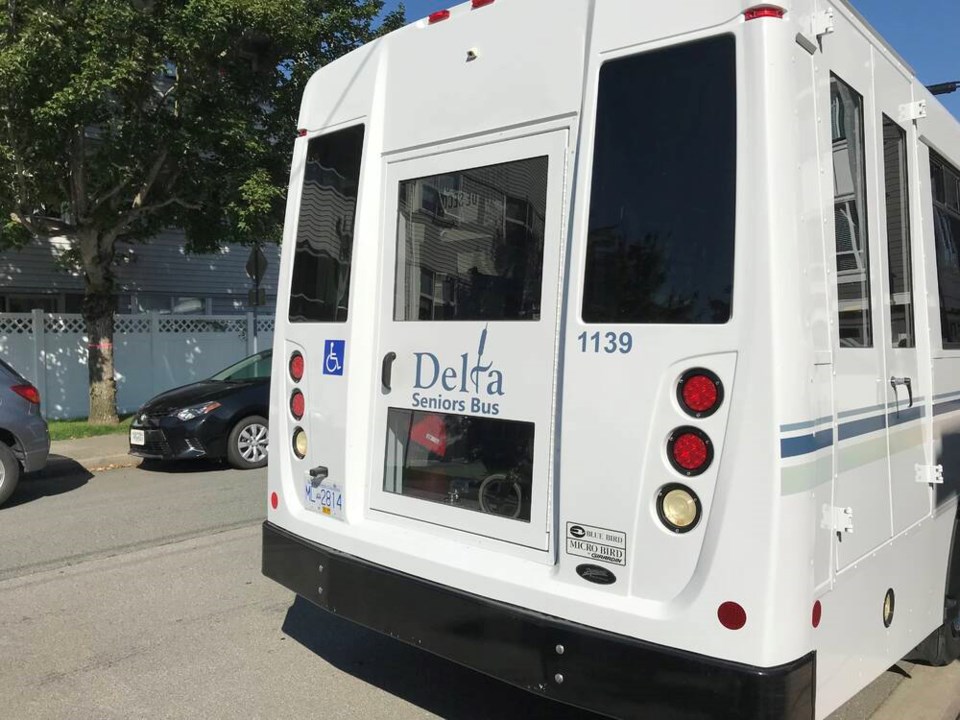Seniors figure prominently in the City of Delta’s new Social Action Plan.
Endorsed by council earlier this month, it’s an update from Delta’s previous plan from 2018 and covers 2023 to 2028, a culmination of research findings and feedback from community groups and Delta residents.
Containing a series of recommendations and actions, the plan covers several social areas including seniors, with 22 actions to improve their sense of belonging and connections in Delta, to support seniors to age in place and live active lives, as well as enhance community capacity to support vulnerable seniors.
“Delta’s seniors’ population continues to grow. Many seniors report that they are living independently, but feel isolated and not connected to any community agency or seniors centre. They would like to have more of a voice in decisions that affect their lives,” a report to council notes.
“There is also an urgent need for more affordable and accessible housing for seniors, and better transportation options for them to access services in Delta and surrounding areas.”
The city late last year received a $25,000 grant from the BC Healthy Communities: AgeFriendly Community Grants Program to undertake an assessment of the seniors’ demographic in Delta and develop an age-friendly strategy/action plan.
The grant was delivered by BCHC in partnership with the BC Ministry of Health.
Grants are offered in two funding streams with a first phase involving planning, while a second phase involves projects.
“With Delta’s growing seniors’ population, it is important to identify ways to ensure people can continue living independent, active lives, being involved in the community, and having a voice and access to the resources they need,” a previous report noted.
City staff will be working this year with a planning consultant with specific expertise in the field to consult with community members and service providers. They will develop a Delta-specific plan with practical actions for creating a more age-friendly community, the report adds.
The next step would be to apply for funding for phase two, towards implementing the actions identified.
Another planning department report notes population aging is a major issue that is impacting all communities.
By 2031, an estimated 25 per cent of the province’s population will be over the age of 65.
Delta already has a high proportion of seniors, with 20.5 per cent of the population in 2021 being aged 65-and-over, up from 18.7 per cent in 2016, according to the latest Statistics Canada data.
In comparison, for Canada, the proportion of seniors was 19 per cent in 2021.
According to the Social Action Plan, between 2006 and 2016, the most significant population increase in Delta was among those between 65-and-84 years of age.
While Tsawwassen has a higher proportion of those aged 65-and-over compared to Ladner and North Delta, North Delta accounts for more than 42 per cent of all senior residents in Delta.
Delta provides annual funding to Deltassist and seniors’ centres to support vulnerable seniors.



